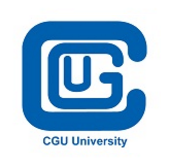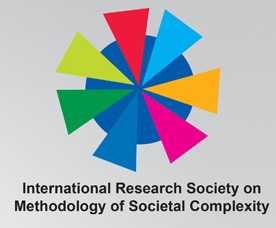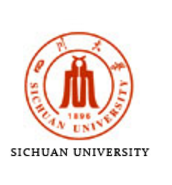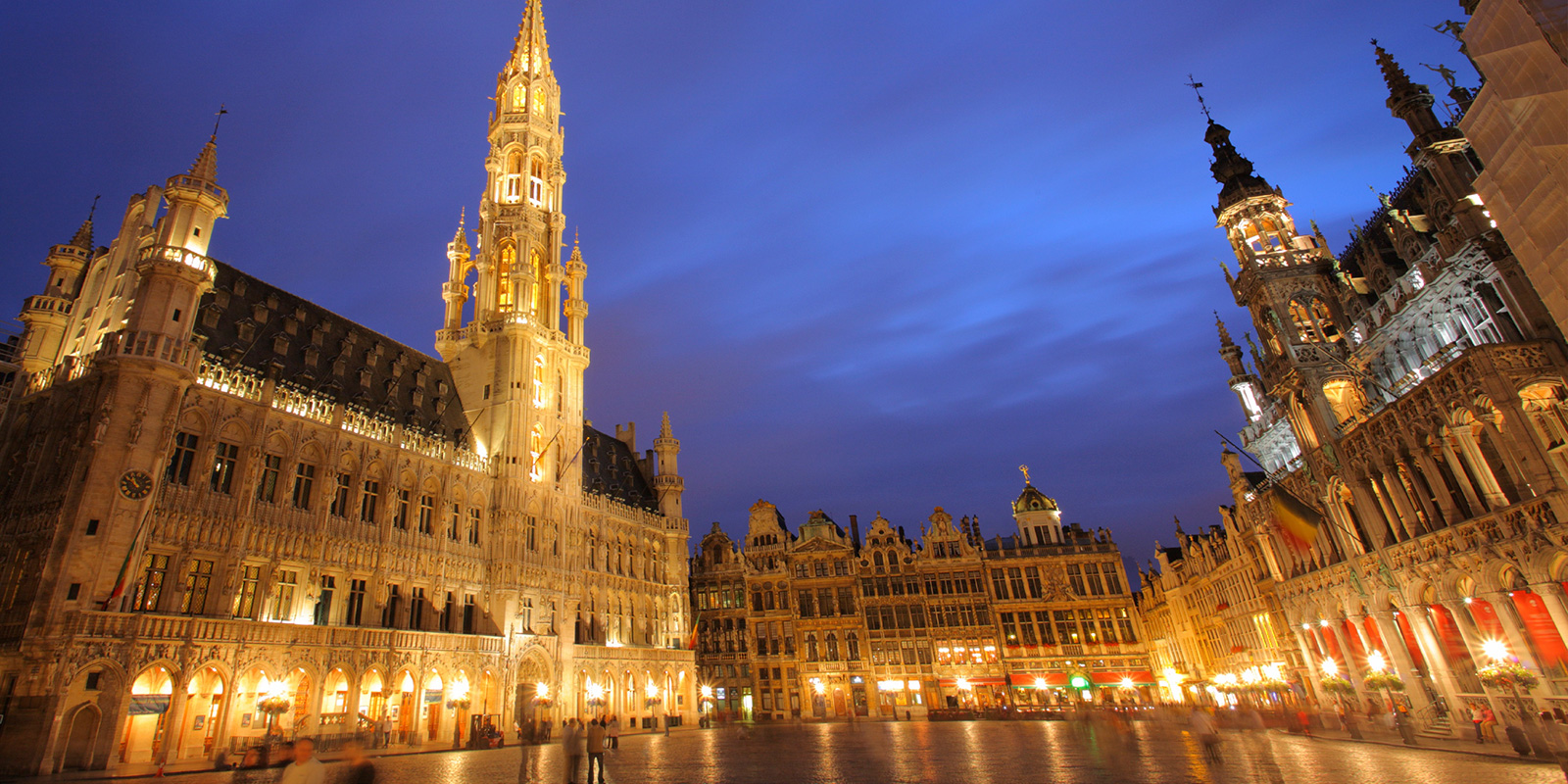|
Brussels (French: Bruxelles, [bʁysɛl] ( Brussels has grown from a small rural settlement on the river Senne to become an important city-region in Europe. Since the end of the Second World War, Brussels has been a major centre for international politics and has become the home of numerous international organisations, politicians, diplomats and civil servants.[16] Brussels is the de facto capital of the European Union, as it hosts a number of principal EU institutions (the other administrative centres are Luxembourg and Strasbourg).[17][18][19] The name Brussels is sometimes used metonymically to describe the EU and its institutions.[20][21] The secretariat of the Benelux and the headquarters of the North Atlantic Treaty Organization (NATO) are also located in Brussels.[22][23] Today, it is classified as an Alphaglobal city.[24] Historically a Dutch-speaking city, Brussels has seen a language shift to French from the late 19th century onwards. Today, the majority language is French, and the Brussels-Capital Region is an officially bilingual enclave within the Flemish Region. All road signs, street names, and many advertisements and services are shown in both languages.[25] Brussels is increasingly becoming multilingual, being home to many international institutions. English is spoken as a second language by nearly a third of the population, while a large number of migrants and expatriates speak other languages, namely Arabic, Spanish, German and Italian.[26]
|
||
.png)










